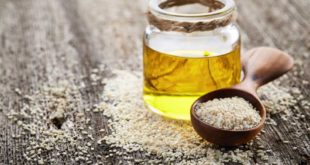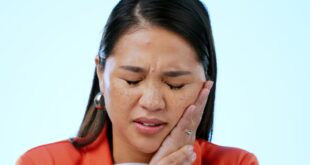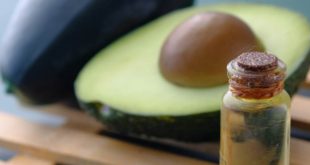
Dandruff is a common scalp condition characterized by the shedding of dead skin cells from the scalp in the form of white or yellowish flakes. These flakes can be visible on the scalp, in the hair, and sometimes even on clothing. Dandruff can occur due to various factors, including an overgrowth of a naturally occurring fungus called Malassezia, an oily or dry scalp, sensitivity to certain hair care products, and underlying skin conditions such as psoriasis or seborrheic dermatitis.
The shedding of skin cells is a normal process that happens to everyone, but in the case of dandruff, this shedding becomes more noticeable due to factors like excessive oil production, inflammation, and the presence of the Malassezia fungus. Dandruff can cause itching, discomfort, and can sometimes lead to social embarrassment due to the visible flakes.
Causes of Dandruff:
Dandruff is a common scalp condition characterized by the shedding of dead skin cells from the scalp. Several factors can contribute to its development:
- Malassezia Fungus: This fungus is naturally present on the scalp and feeds on the oils produced by hair follicles. In some people, an overgrowth of this fungus can lead to dandruff.
- Oily Scalp: Excessive oil production on the scalp can create an environment conducive to the growth of the Malassezia fungus.
- Dry Skin: Dry skin can cause flaking, leading to dandruff. It’s not only oily scalps that are prone to dandruff; dry scalps can also be affected.
- Sensitivity to Hair Products: Some hair care products, such as shampoos, conditioners, or styling products, can cause irritation and contribute to dandruff.
- Infrequent Shampooing: Not washing your hair regularly can allow dead skin cells and oils to accumulate on the scalp, leading to dandruff.
- Certain Medical Conditions: Conditions like psoriasis, eczema, or seborrheic dermatitis can also contribute to dandruff.
Prevention of Dandruff:
While dandruff can be managed and controlled, complete prevention may not be possible for everyone. However, you can take steps to minimize its occurrence:
- Regular Hair Washing: Washing your hair regularly with a mild, anti-dandruff shampoo can help prevent the buildup of oils and dead skin cells.
- Use the Right Shampoo: Choose an anti-dandruff shampoo that contains ingredients like ketoconazole, zinc pyrithione, coal tar, salicylic acid, or selenium sulfide. Rotate between different shampoos to prevent your scalp from becoming resistant to a specific active ingredient.
- Scalp Hygiene: Gently massage your scalp while shampooing to help remove dead skin cells and improve blood circulation.
- Balanced Diet: A diet rich in nutrients, particularly zinc and B vitamins, can help maintain a healthy scalp.
- Stress Management: High stress levels can exacerbate dandruff, so practicing stress-reduction techniques can be beneficial.
Home Remedies for Dandruff:
Several home remedies can help manage mild dandruff, but their effectiveness varies from person to person:
- Tea Tree Oil: Tea tree oil has natural antifungal properties that can help combat the Malassezia fungus. Mix a few drops with your shampoo or carrier oil and massage into your scalp.
- Apple Cider Vinegar: Dilute apple cider vinegar with water and use it as a rinse after shampooing. Its acidity can help balance the pH of the scalp.
- Coconut Oil: Massaging warm coconut oil into the scalp before washing your hair can help moisturize and reduce flakiness.
- Aloe Vera: Apply fresh aloe vera gel to your scalp. Its anti-inflammatory properties can help soothe irritation.
- Baking Soda: Create a paste with baking soda and water and gently scrub your scalp. This can help exfoliate dead skin cells.
- Aspirin: Crush aspirin tablets and mix the powder with shampoo. The salicylic acid in aspirin can help exfoliate the scalp.
 Daryeel Magazine
Daryeel Magazine



